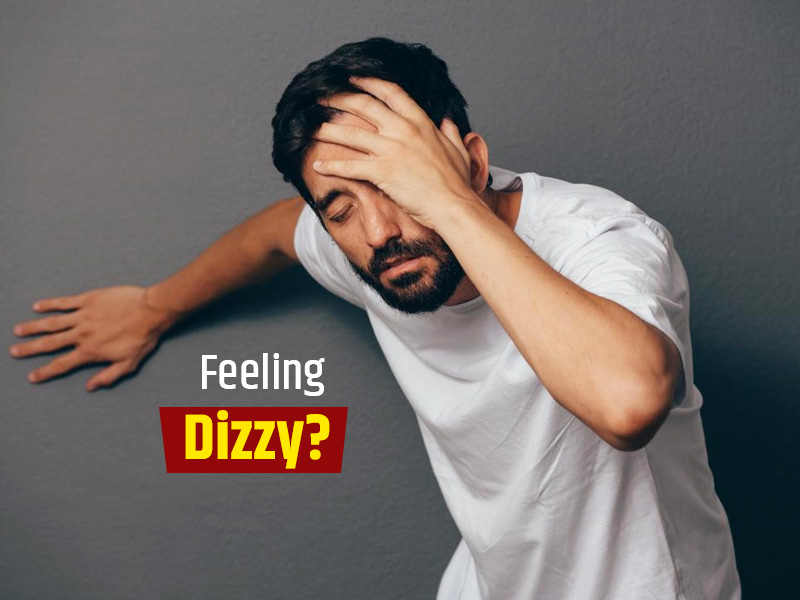
When you stand up suddenly, do you feel dizzy or light-headed? Once in a while, it is okay as this could be due to weakness but if this happens frequently, there is something wrong. Not only this indicates anemia but also dementia. Yes, feeling dizzy frequently after standing up could mean that you are at high risk of developing dementia.
Table of Content:-
While dizziness is a common phenomenon, it becomes a matter of concern if the frequency is increased. Generally, it happens when you haven’t had proper food or you are nutritionally deficient. If you are healthy and still getting dizzy spells, this is a signal that your brain is sending about ill mental health.
What is the connection between dizziness and dementia?

There is new research featured in the American Academy of Neurology’s medical journal ‘Neurology’ which mentions that dizziness or lightheadedness after standing up is a potential risk factor for dementia. The medical term for dizziness when standing up is ‘Orthostatic Hypotension’ which is a drop in blood pressure as you stand up. However, dementia is linked with only drop in systolic blood pressure and not overall BP. When the systolic blood pressure drops 15 mmHg or more, the person suffers systolic orthostatic hypotension. Dizziness is also linked with vertigo.
Lead researcher Laure Rouch from the University of California, San Francisco said: “People’s blood pressure when they move from sitting to standing should be monitored. It’s possible that controlling these blood pressure drops could be a promising way to help preserve people’s thinking and memory skills as they age.”
Also Read: Syncope Can Be A Major Reason Behind Fainting And Sudden Dizziness
The Research

This study involved more than 2,000 healthy participants in their 70s. The team took their blood pressure readings at the time of enrolment and then after one, three and five years later. The researchers found that around 9% of them had systolic orthostatic hypotension, 15% had orthostatic hypotension and 6% were suffering from diastolic orthostatic hypotension. Around 450 people developed dementia later in life and most of them were the ones with systolic orthostatic hypotension. Additionally, who smoke or drink alcohol or have pre-existing diabetes have higher chances of developing dementia.
Also Read: Know How To Manage High Blood Pressure With These Expert Tips
Thus, this study shows the link between systolic blood pressure and dementia which indirectly links dizziness to dementia.
Read More in Latest Health News
How we keep this article up to date:
We work with experts and keep a close eye on the latest in health and wellness. Whenever there is a new research or helpful information, we update our articles with accurate and useful advice.
Current Version